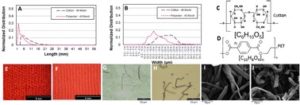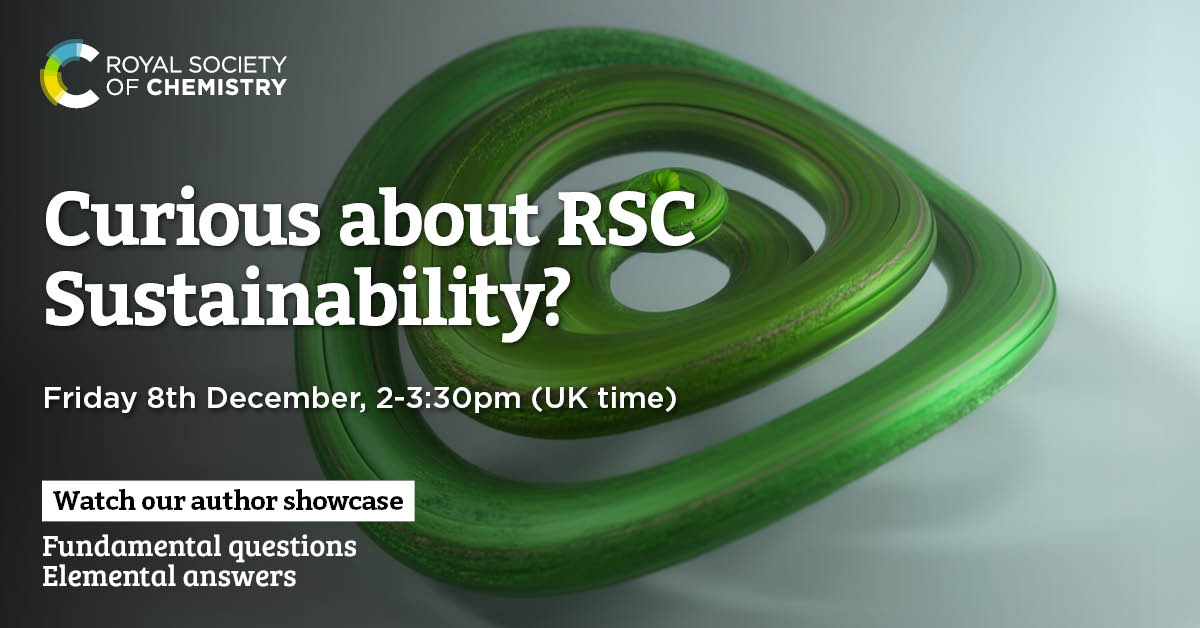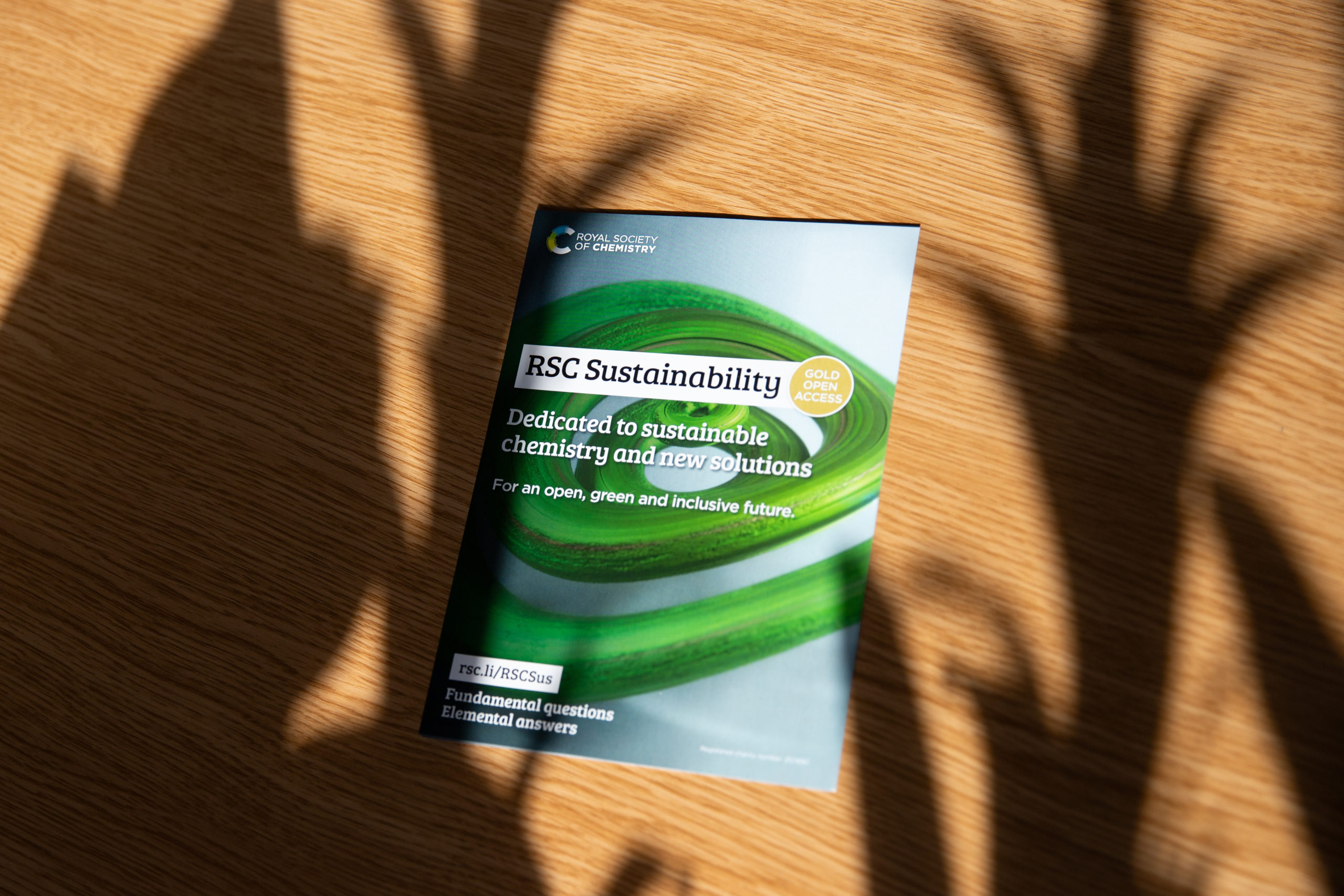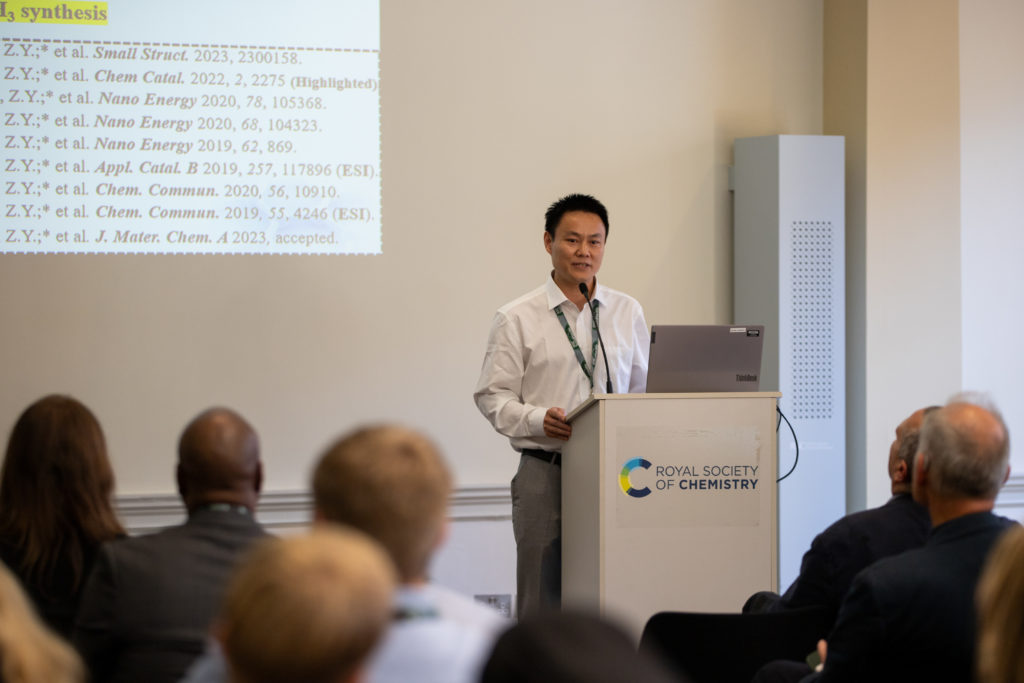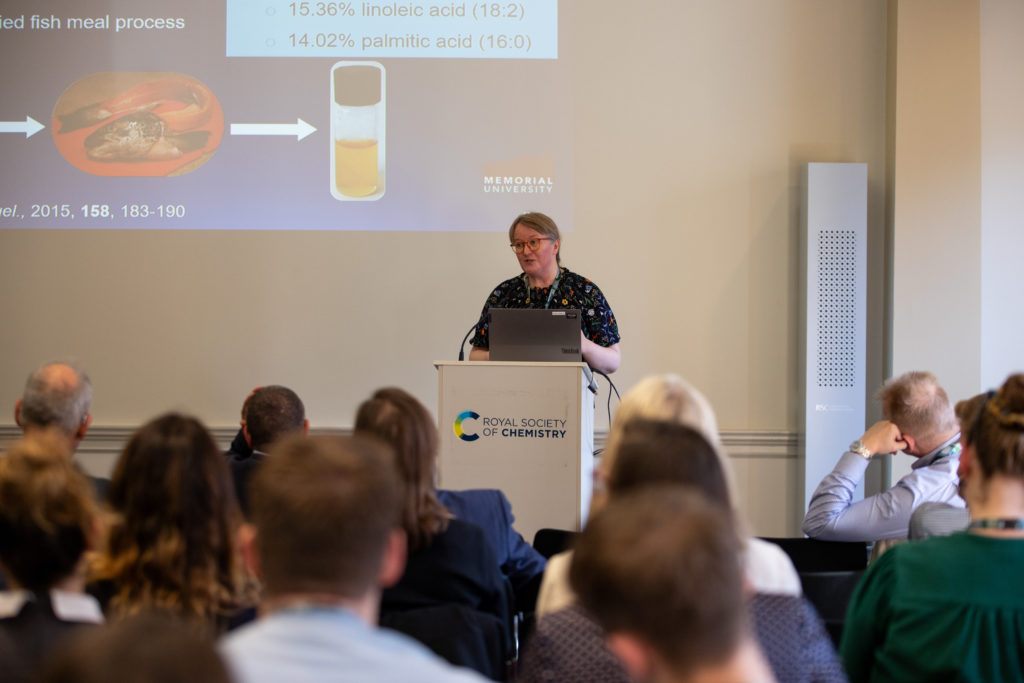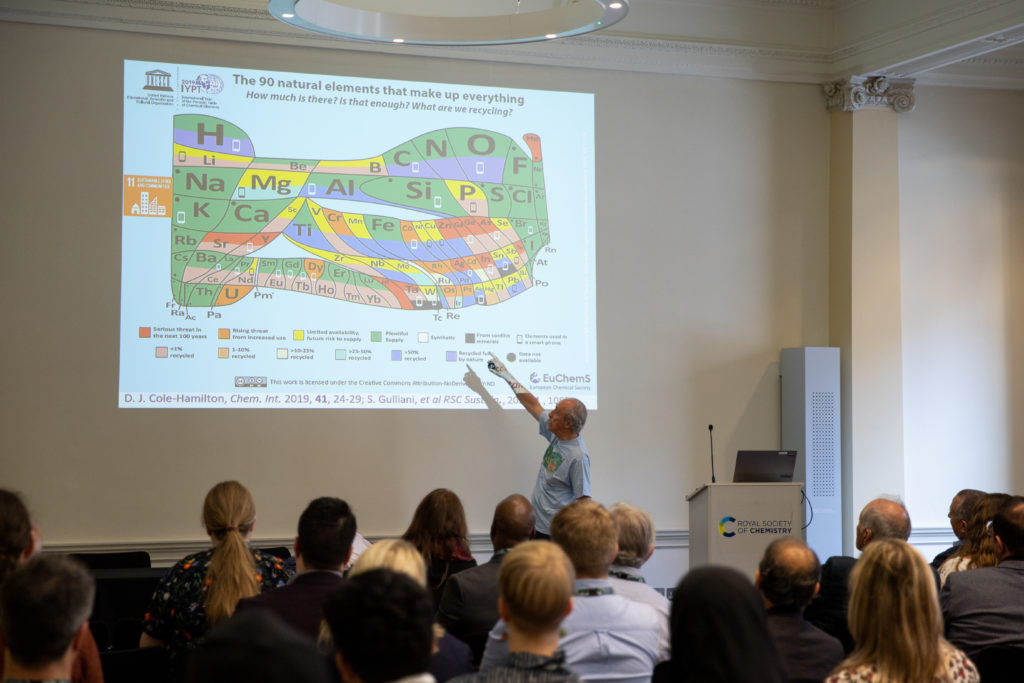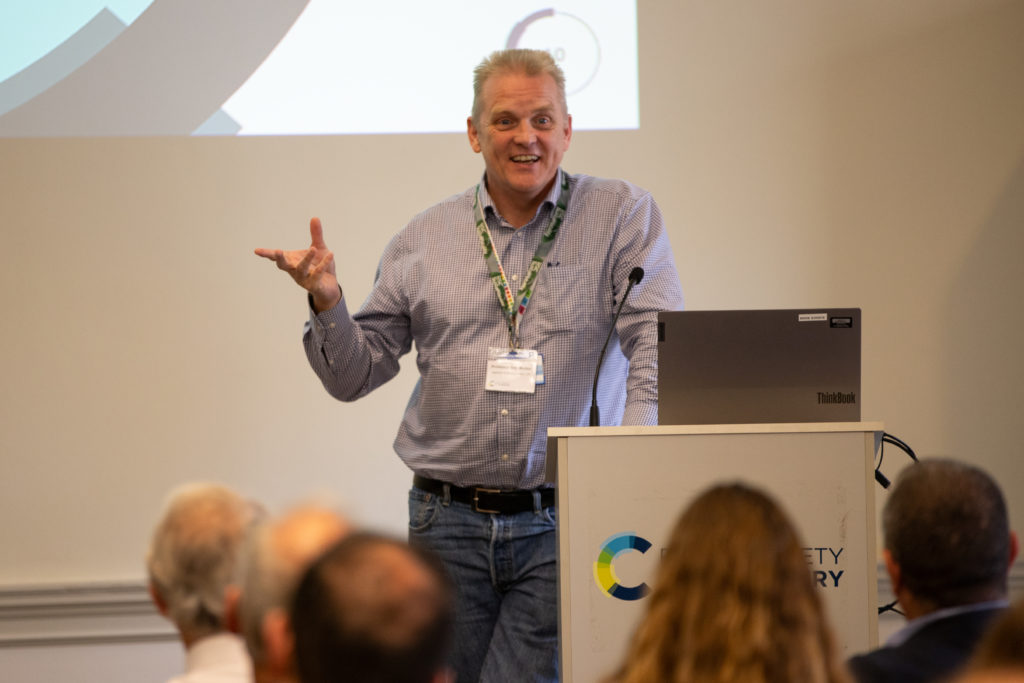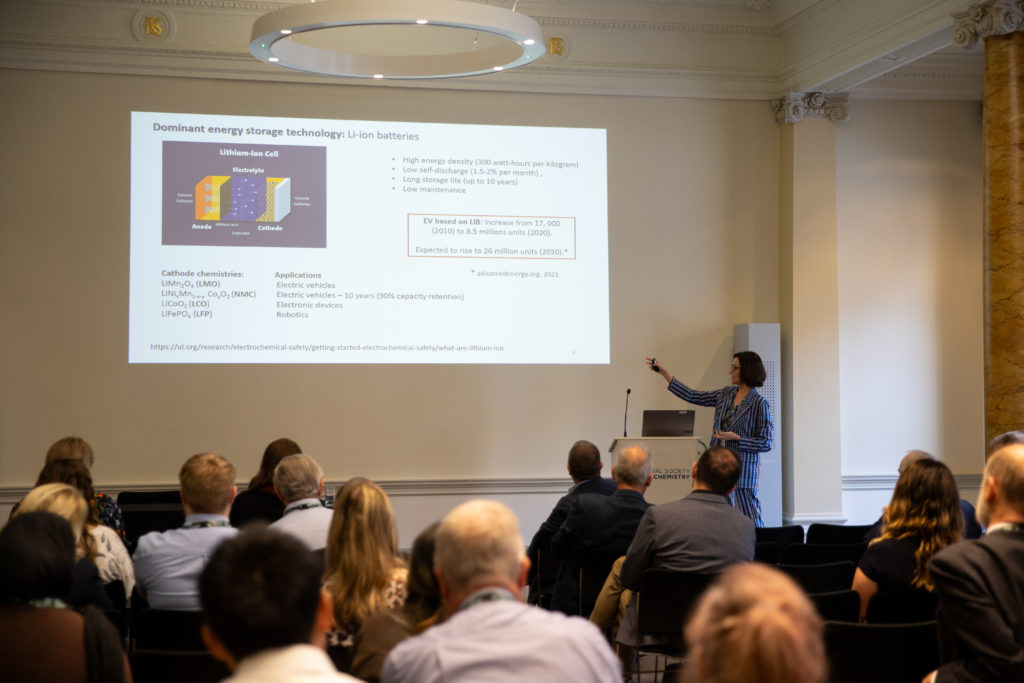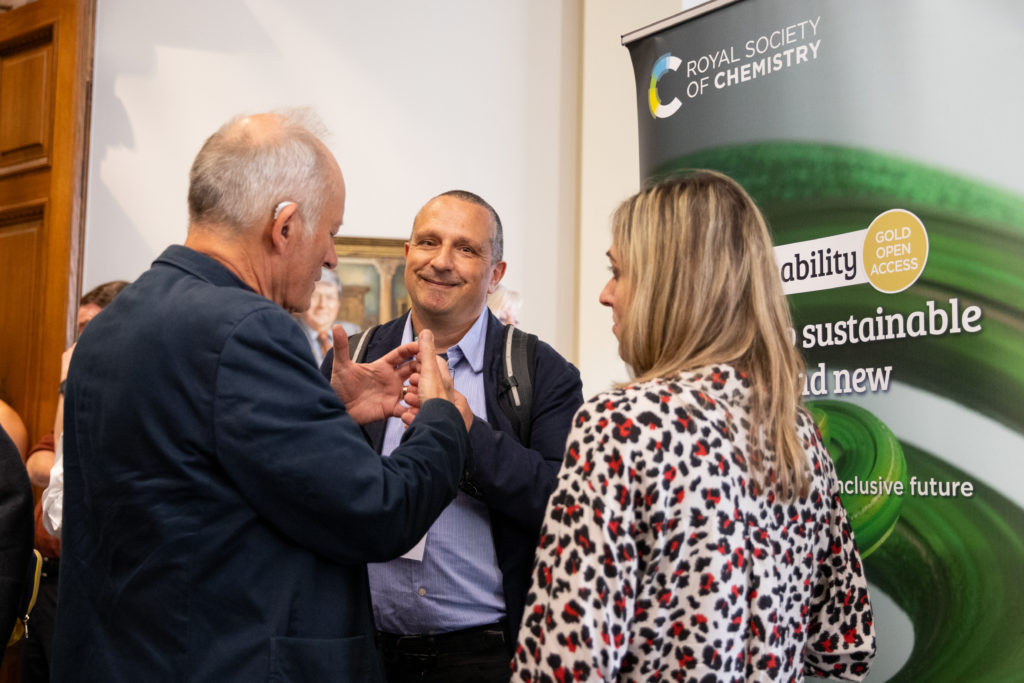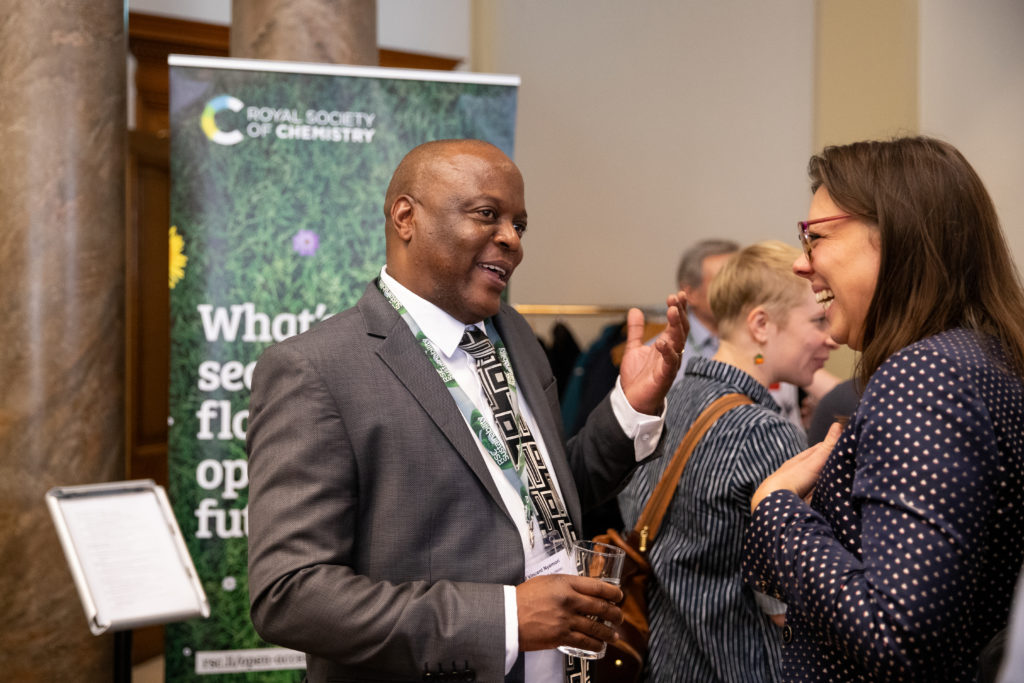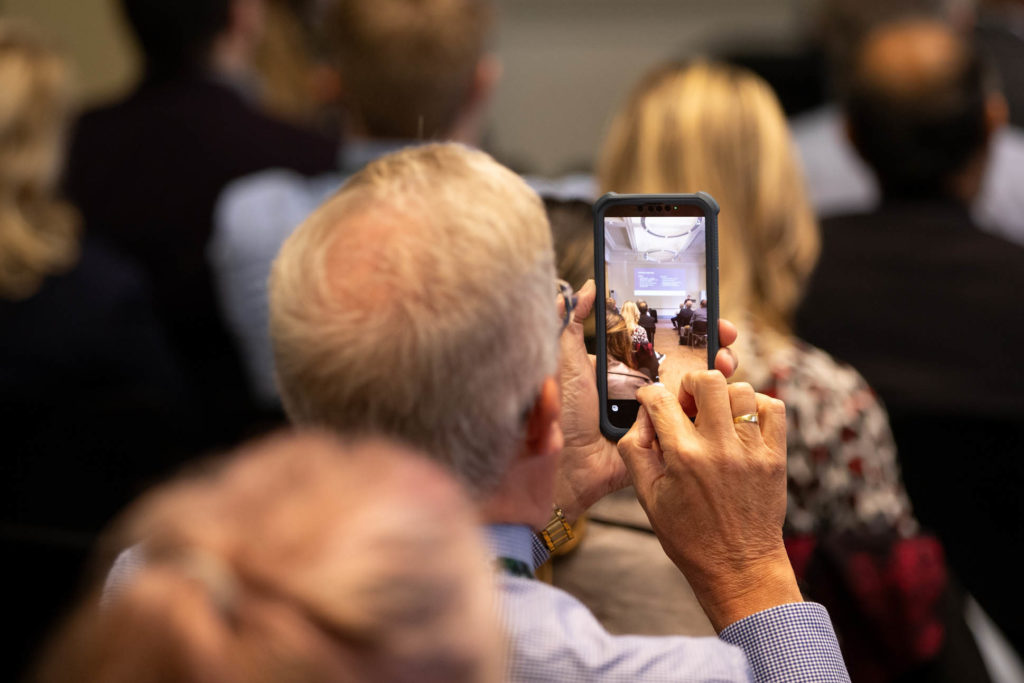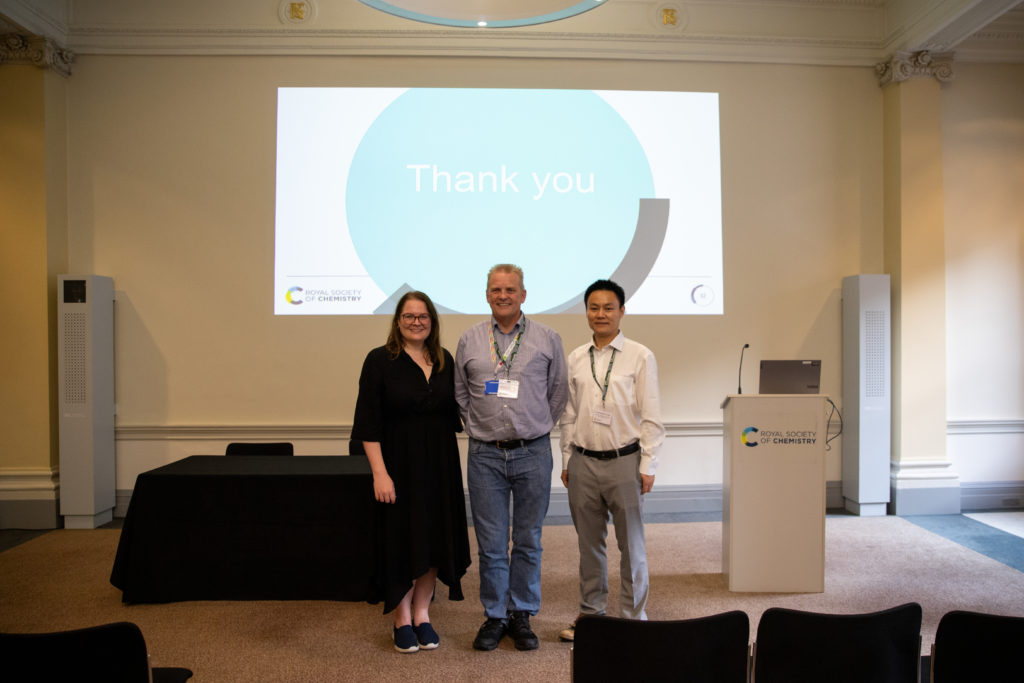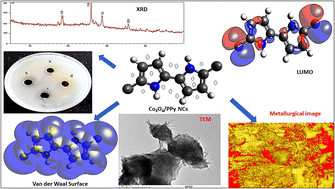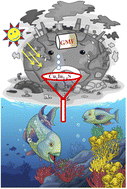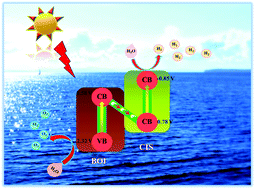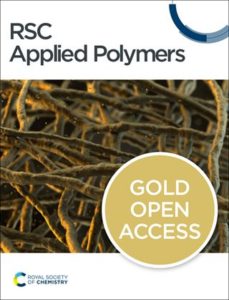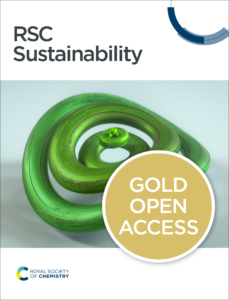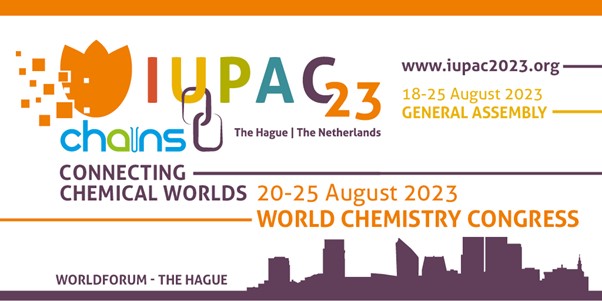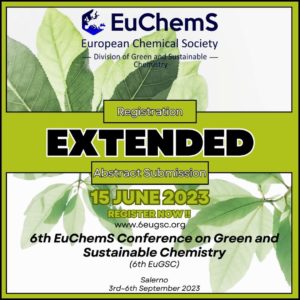
Discover original research on the development and use of sustainable materials!
RSC Sustainability welcomes all solutions-focused research dedicated to solving sustainability challenges. Discovering natural, renewable and environmentally friendly materials and finding novel ways use them is a key approach to enable the UN’s Sustainable Development Goals.
This dedicated topic collection aims to showcase some of the latest innovative approaches to developing sustainable materials and using them to replace other materials in less sustainable known processes. We are excited to highlight some of our published content that has attracted attention in the field of sustainable materials. Many insightful and impactful papers are included in the topic collection, including:
Collection Highlights
| High degree of silanization of olive wood shell stone and its use in polyester biocomposites RSC Sustain., 2024,2, 1030-1039 |
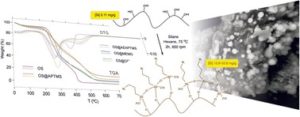 |
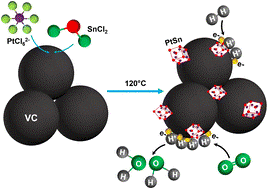 |
Platinum–tin as a superior catalyst for proton exchange membrane fuel cells RSC Sustain., 2023,1, 368-377 |
| Deep eutectic solvent assisted preparation of cellulose nanofibers and graphene composite films for supercapacitors RSC Sustain., 2023,1, 1006-1015 |
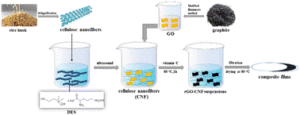 |
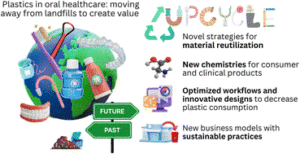 |
The global burden of plastics in oral health: prospects for circularity, sustainable materials development and practice RSC Sustain., 2024,2, 881-902 |
Browse the full collection here!
RSC Sustainability is a dedicated forum for scientists developing new sustainable technologies, or finding cleaner chemical solutions. The journal welcomes research from all subject areas that are dedicated to solving sustainability challenges for a better, greener future.
If you have any queries about our journals, please contact the Editorial Office at rscsus-rsc@rsc.org.




